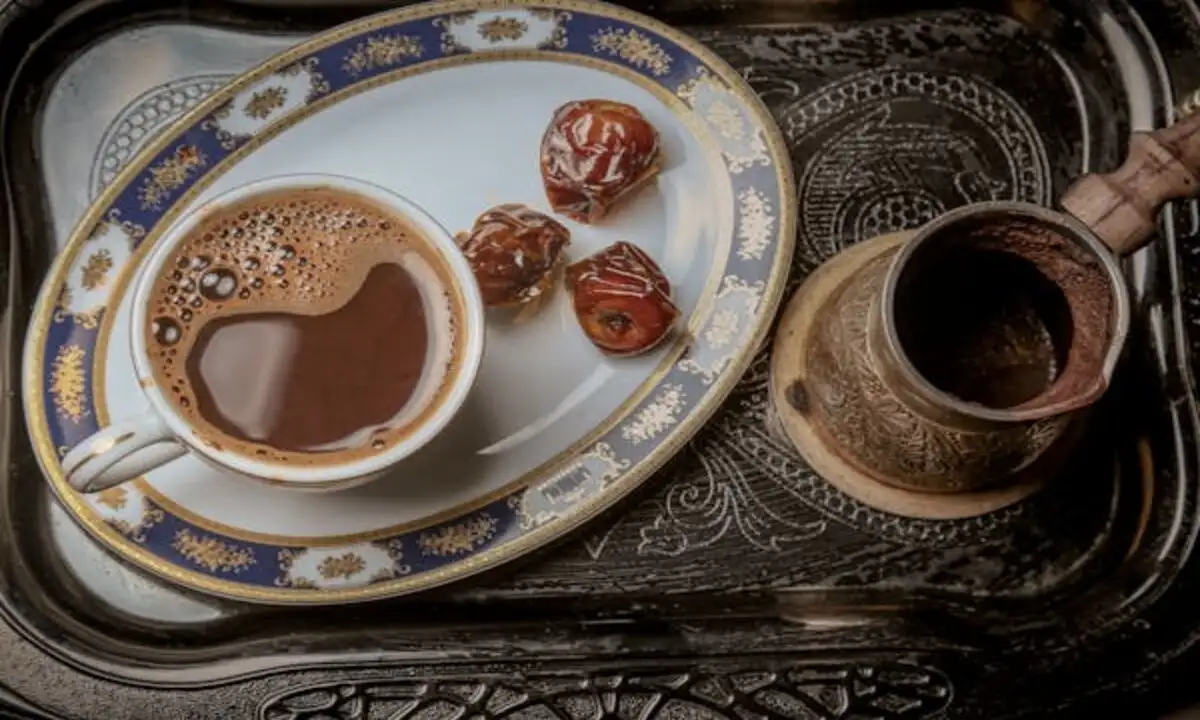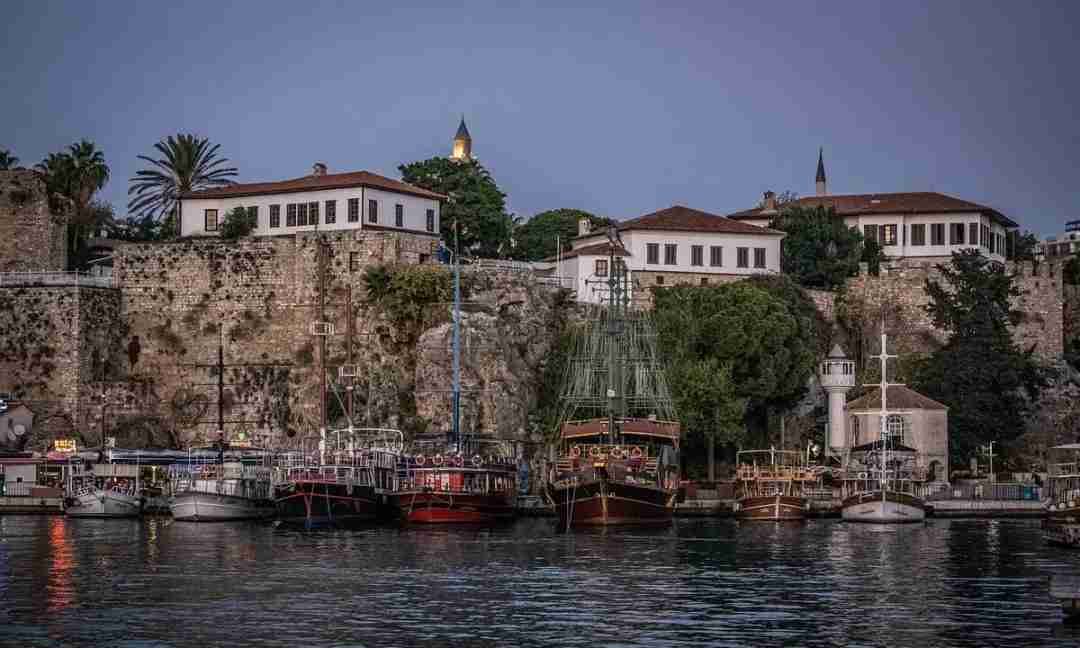Turkey's rich cultural heritage is a tapestry woven with diverse traditions that have stood the test of time, offering a glimpse into centuries-old customs and values cherished by its people. From vibrant celebrations to unique architectural styles, Turkish traditions reflect a deep connection to history and community spirit.
Cultural Celebrations and Festivities
Turkish traditions are often best experienced through its lively celebrations and festivals, which blend ancient rituals with modern-day revelry. One such example is the annual Istanbul Tulip Festival, where the city bursts into a kaleidoscope of colors as millions of tulips bloom across its parks and gardens. This tradition dates back to the Ottoman era, symbolizing renewal and the arrival of spring.
Another significant celebration is Eid al-Fitr, marking the end of Ramadan, the Islamic holy month of fasting. Families gather to share festive meals and exchange gifts, emphasizing unity and generosity within the community.
Culinary Delights: A Taste of Tradition
Turkish cuisine is renowned worldwide for its rich flavors and diverse influences, reflecting the country's cultural mosaic. Traditional dishes such as kebabs, mezes, and baklava are staples of Turkish dining, enjoyed during family gatherings, weddings, and religious holidays.
A unique aspect of Turkish culinary tradition is the Iftar meal during Ramadan, where families and communities come together to break their fast at sunset. This communal gathering reinforces bonds of friendship and solidarity, highlighting the importance of hospitality in Turkish culture.
Architectural Marvels: Homes in Istanbul
Houses in Istanbul embody centuries of architectural evolution, blending Ottoman, Byzantine, and modern influences into a distinctive urban landscape. Historic neighborhoods like Sultanahmet showcase Ottoman-era houses characterized by wooden facades, intricate carvings, and spacious courtyards. These homes often feature elements like cumba (bay windows) and mashrabiya (wooden lattice screens), which offer privacy while allowing natural light and ventilation.
In contrast, modern Istanbul real estate developments feature contemporary villas and apartments equipped with state-of-the-art amenities, catering to a diverse population of residents and investors. These properties often blend luxury with functionality, offering breathtaking views of the Bosphorus or the city skyline.
Preserving Heritage: Modern Interpretations of Tradition
While embracing modernity, Turkey remains committed to preserving its cultural heritage and traditions. Initiatives such as the restoration of historic houses in Istanbul's old neighborhoods ensure that architectural gems from the past continue to thrive amidst urban development.
Additionally, cultural institutions and museums like the Topkapi Palace Museum and the Istanbul Modern Art Museum offer visitors a deeper understanding of Turkish history, art, and traditions through exhibitions and educational programs.
Conclusion
In conclusion, Turkish traditions are a testament to the country's enduring legacy and cultural resilience. From vibrant celebrations and culinary delights to architectural marvels and modern interpretations of tradition, Turkey's cultural heritage continues to inspire and captivate people around the world. Whether exploring historic houses in Istanbul or savoring traditional Turkish cuisine, embracing these timeless traditions provides a profound insight into the heart and soul of this dynamic nation. As Turkey evolves, its commitment to preserving and celebrating its rich cultural tapestry ensures that these traditions will continue to thrive for generations to come.


















